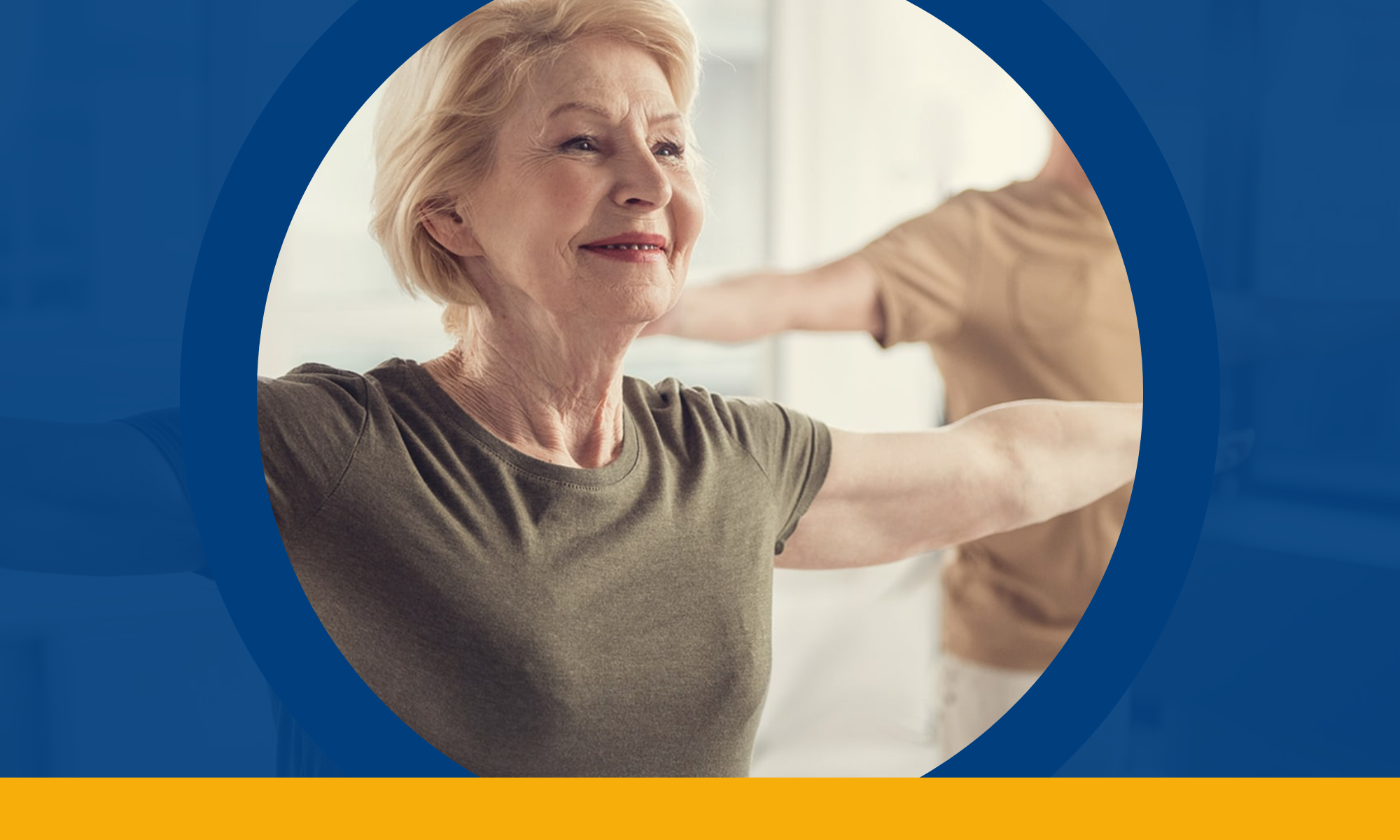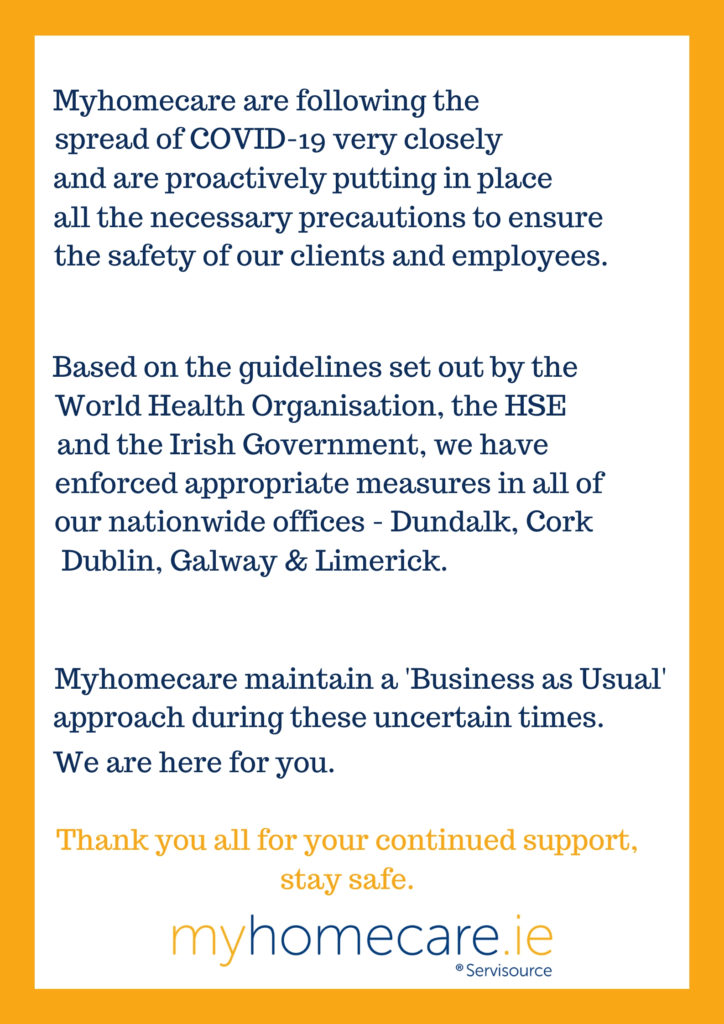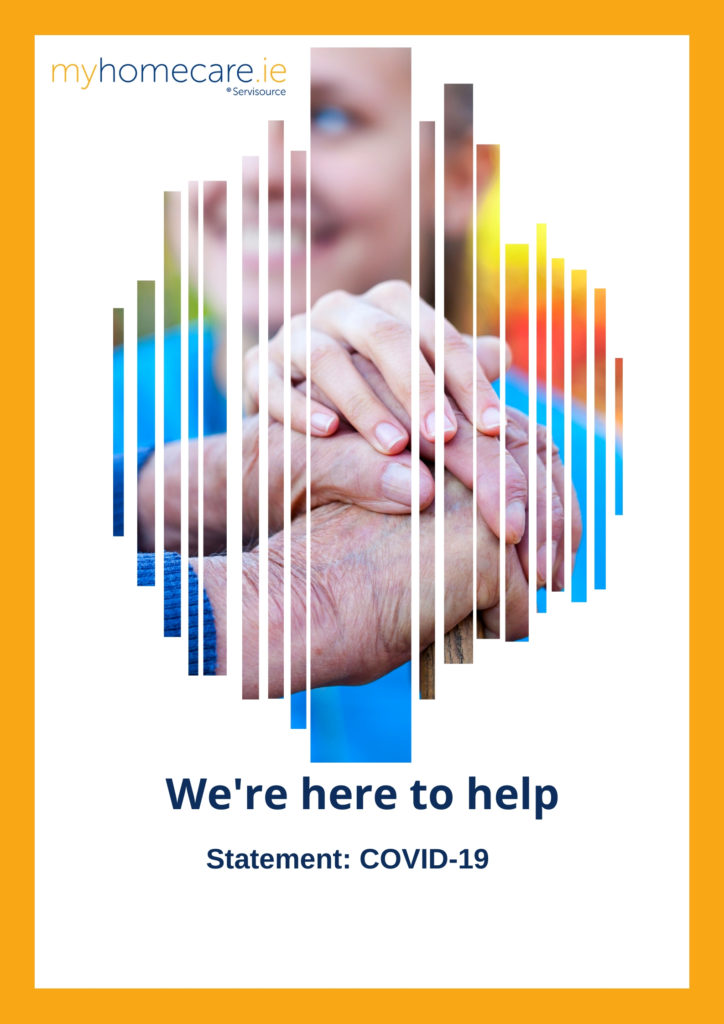A Month of Wellness: Celebrating Wellbeing, Self-Care, and Healthy Habits
Did you know August is National Wellness Month. This means focusing on self-care, managing stress and creating wholesome habits in your lifestyle for the month of August. In this blog, we will discuss the importance of Wellness and why we should be making our wellbeing a priority this month and all year round.
What Is Wellness and Why Is It Important?
Wellness involves practicing healthy habits on a daily basis for better physical and mental health.
Why should we focus on our wellbeing? Because when we are well, we are able to show up as our best selves in all areas of our lives. When we feel good mentally and physically, we have more energy to put towards our relationships, careers and hobbies.
One way is to focus on healthy habits such as eating nutritious foods, exercising regularly, getting enough sleep, and managing stress effectively. Another way is to make time for self-care activities that help you relax and rejuvenate.
Types of Wellness
There are different types of wellness that we should all strive to maintain. These include:
-Physical Wellness: This is our body’s overall condition and includes exercise, nutrition and sleep habits.
-Mental Wellness: This is our state of mind and includes our thoughts, feelings and emotions.
-Emotional Wellness: This is our ability to cope with life’s challenges in a healthy way.
-Spiritual Wellness: This is our sense of purpose and connection to something larger than ourselves.
-Occupational Wellness: This is our satisfaction and engagement with our work.
Making Wellness A Priority
Now that we know what wellness is and why it’s important, let’s talk about how we can make it a priority in our lives. Below are some tips on making wellness a part of your everyday life:
-Schedule time for yourself: Make sure to schedule time each day or week to do things that make you feel good. This could be anything from reading, taking a bath or going for a walk outdoors.
-Create healthy habits: Habits are easy to form and hard to break. So why not create ones that will benefit your wellbeing? Try swapping out unhealthy habits with healthier alternatives like meditation or journaling.
-Find a balance: It’s important to find a balance between work and play, rest and activity. When we have too much of one thing, it can lead to burnout. Make sure to schedule time for both work and leisure activities so you don’t get overwhelmed.
-Connect with others: Social connection is so important for our mental health. Spend time with loved ones or join a club or group that shares your interests. Take 10 minutes out of your day to call someone that makes you happy.
-Nourish your mind and body: Eating nutritious foods and exercising regularly are great ways to nourish your mind and body. To help nourish your mind, find things that make you happy and do them often.
–Exercise: We know how difficult it can be to gather the motivation to exercise, but even 20 to 30 minutes of exercise can make a positive impact on your mood. Start of small by taking a brisk walk after work or use the stairs instead of opting for the elevator.
Commit to making small changes that will lead to big improvements in your wellbeing.
Remember, it’s never too late to start taking care of yourself. Your wellbeing is worth the effort.
Get in Touch
Our dedicated team are on hand to assist you in any way.
Contact us on +1 800 400 900 or email us info@www.myhomecare.ie and one of our team will be in touch.







